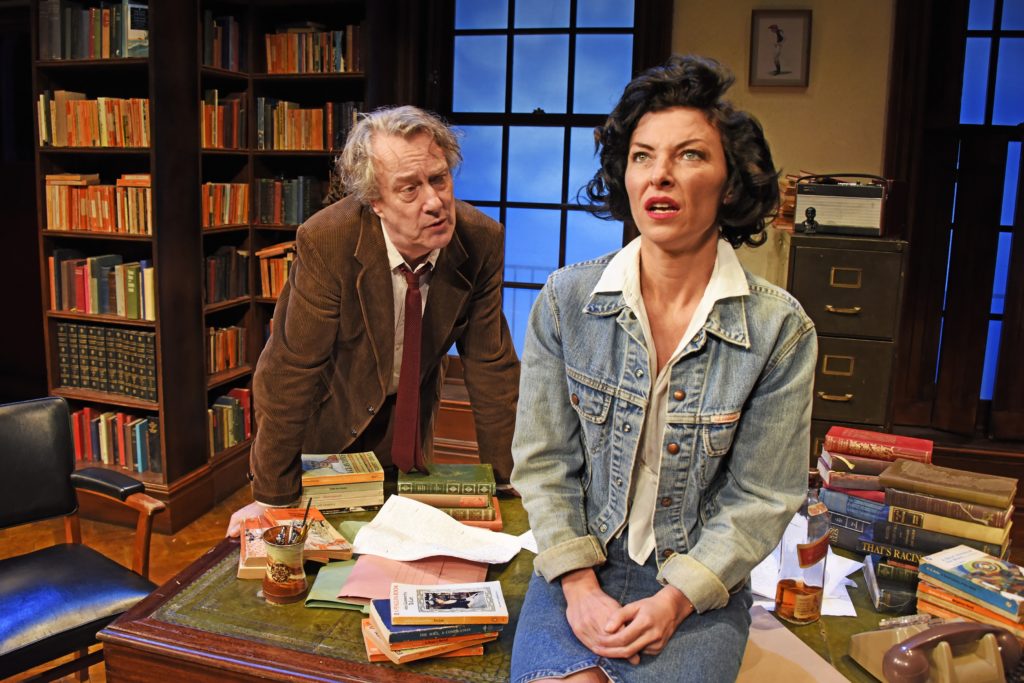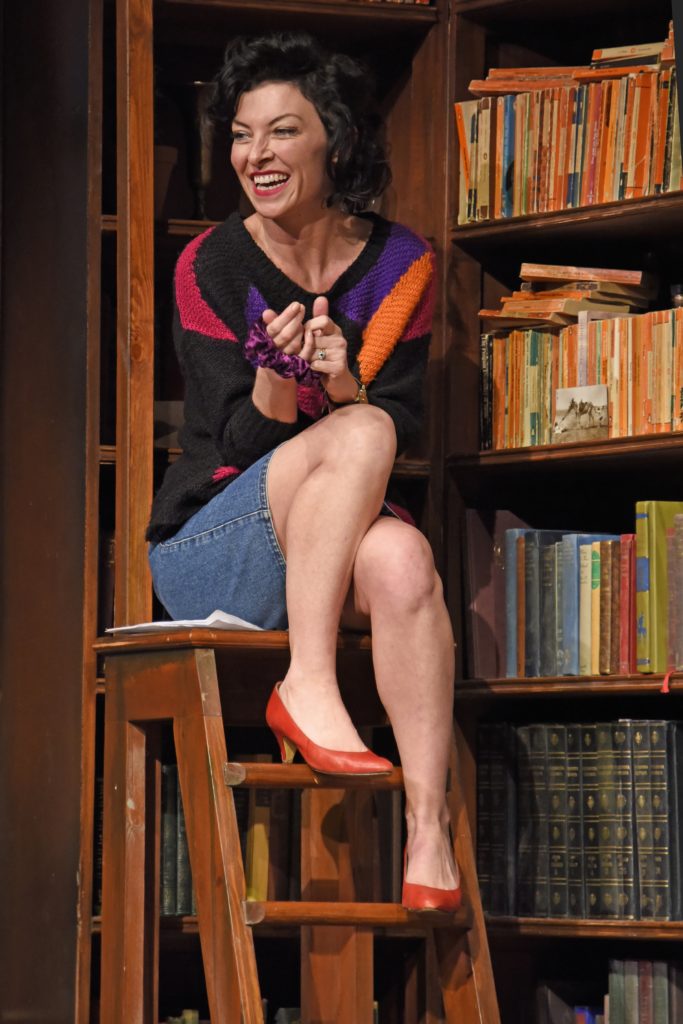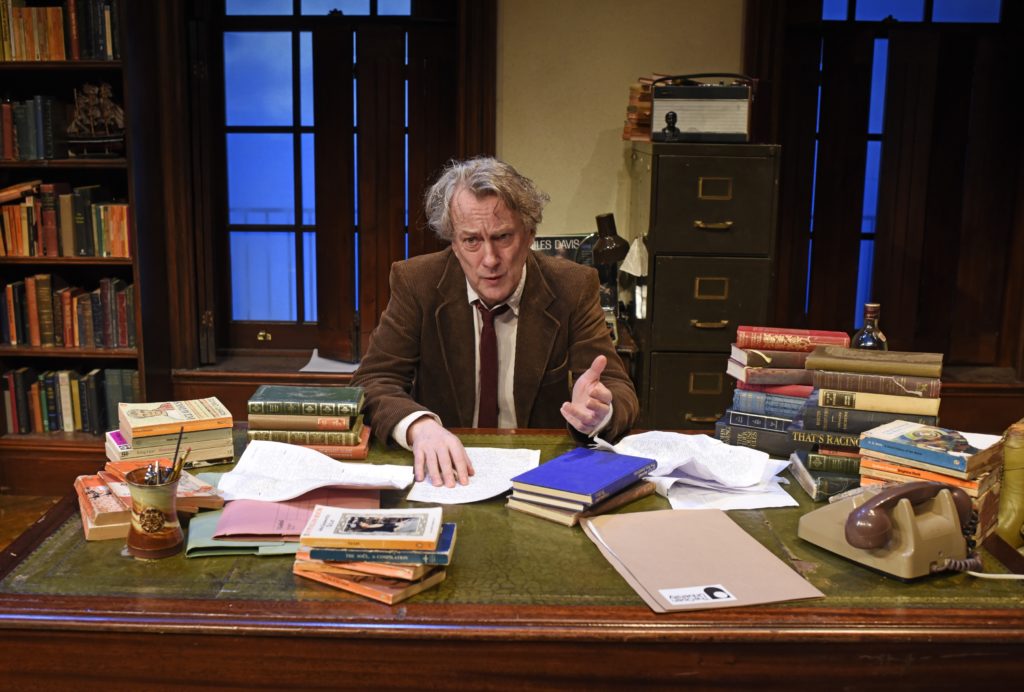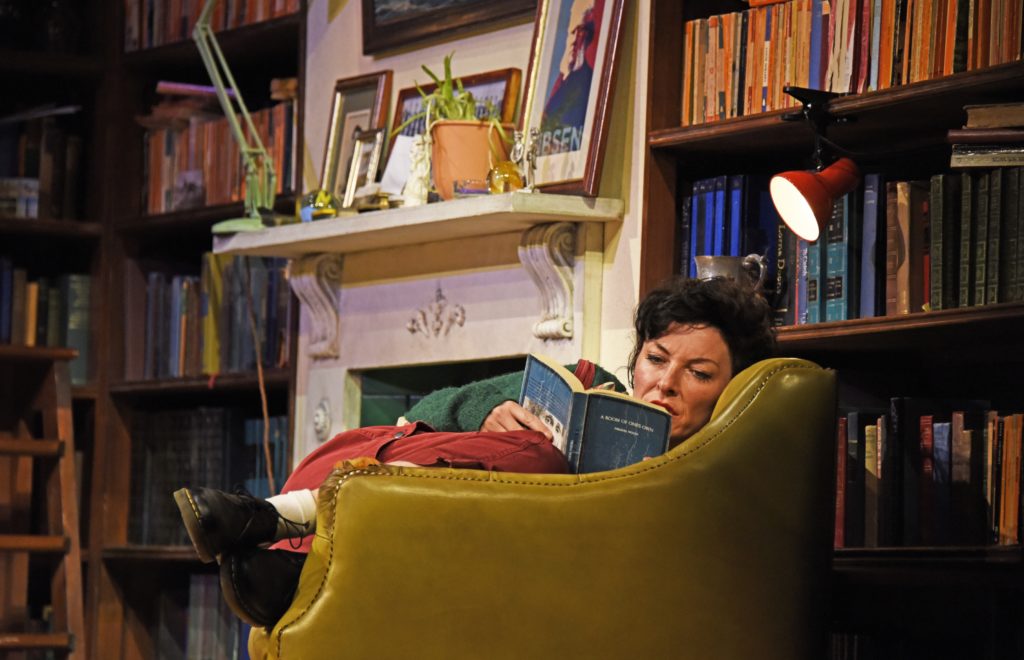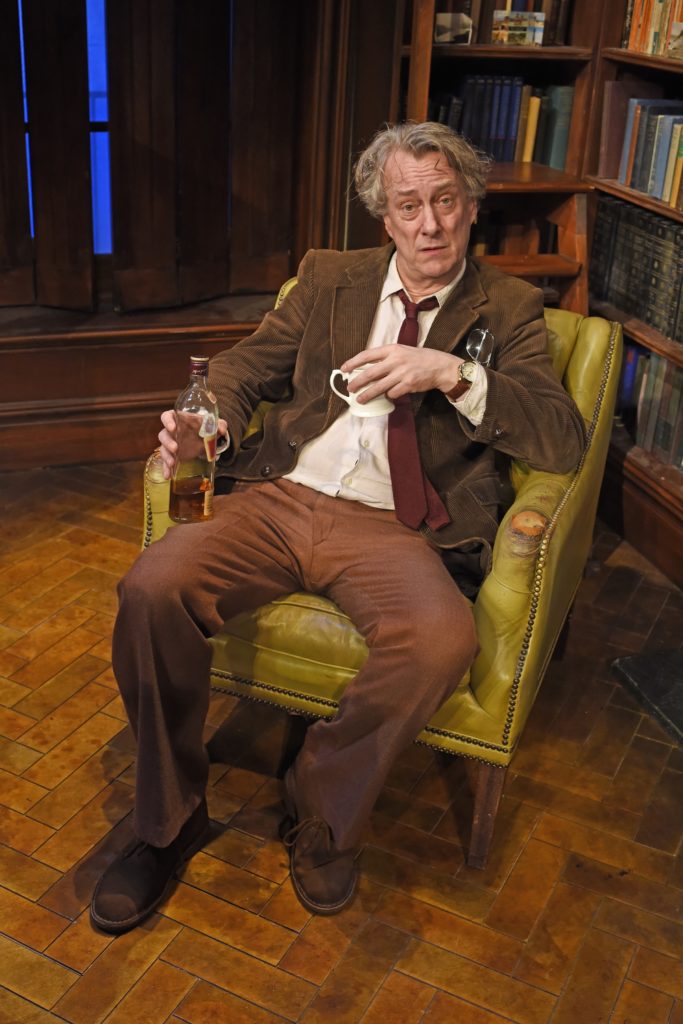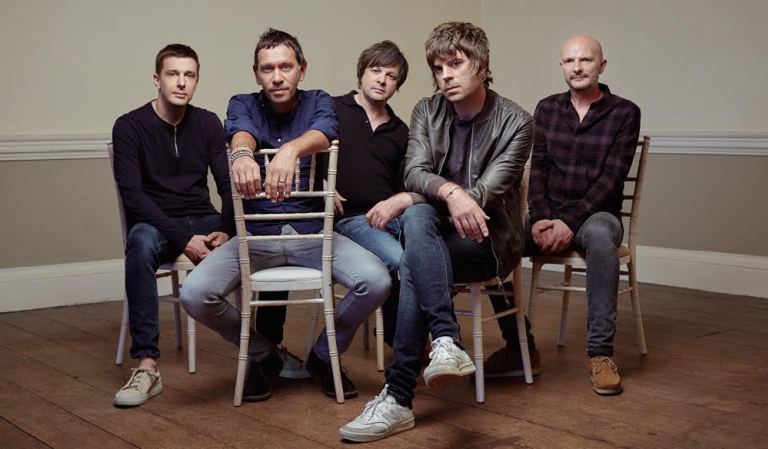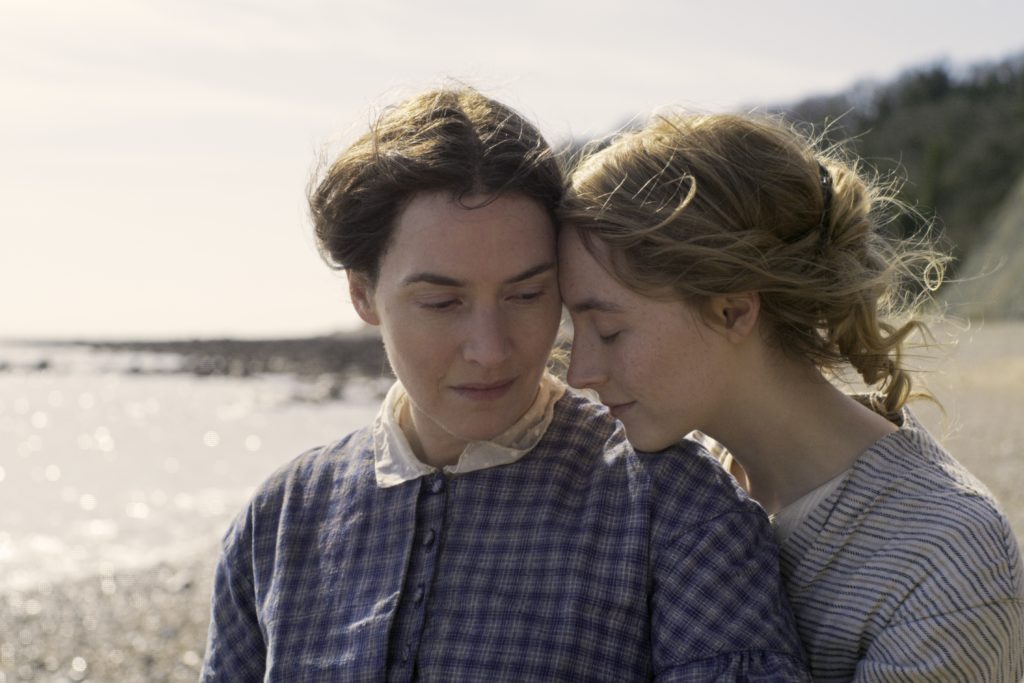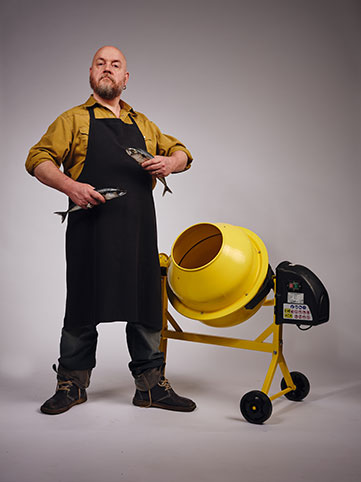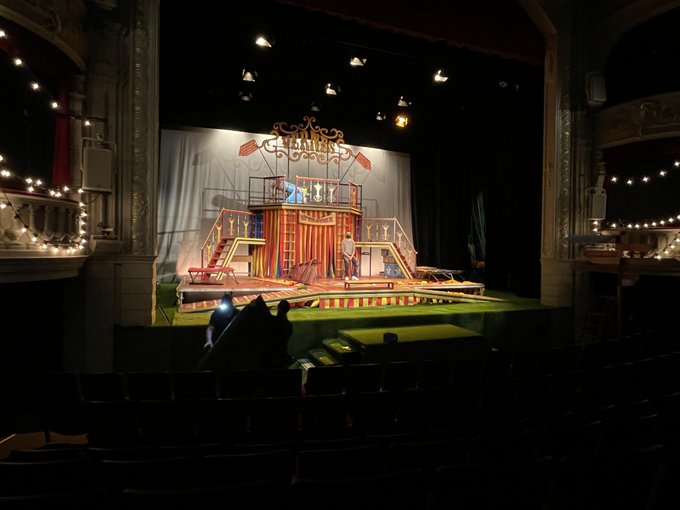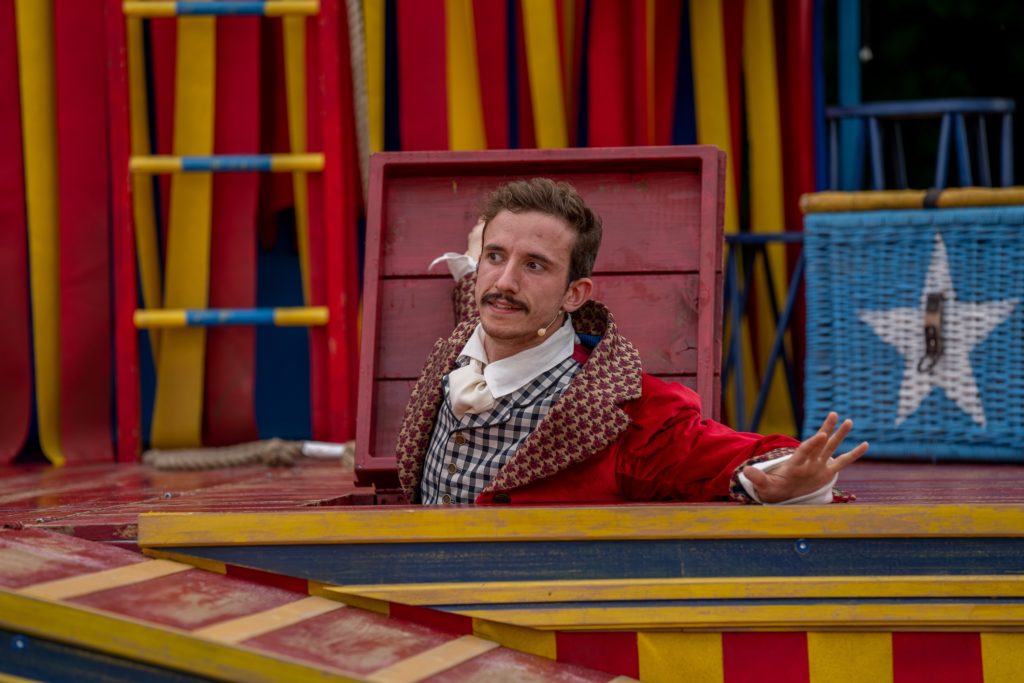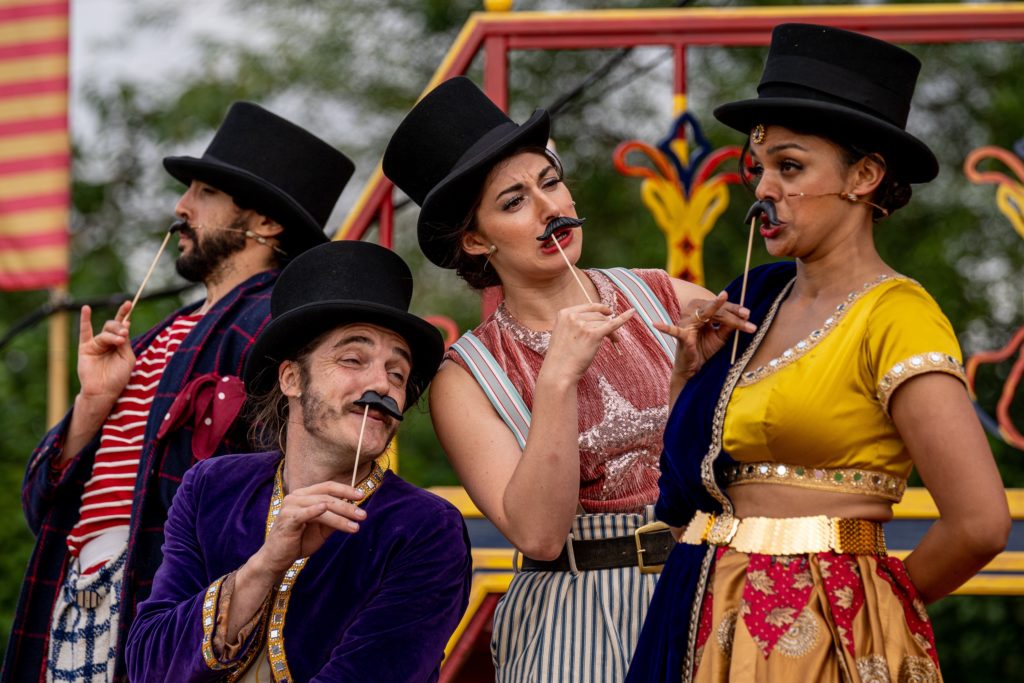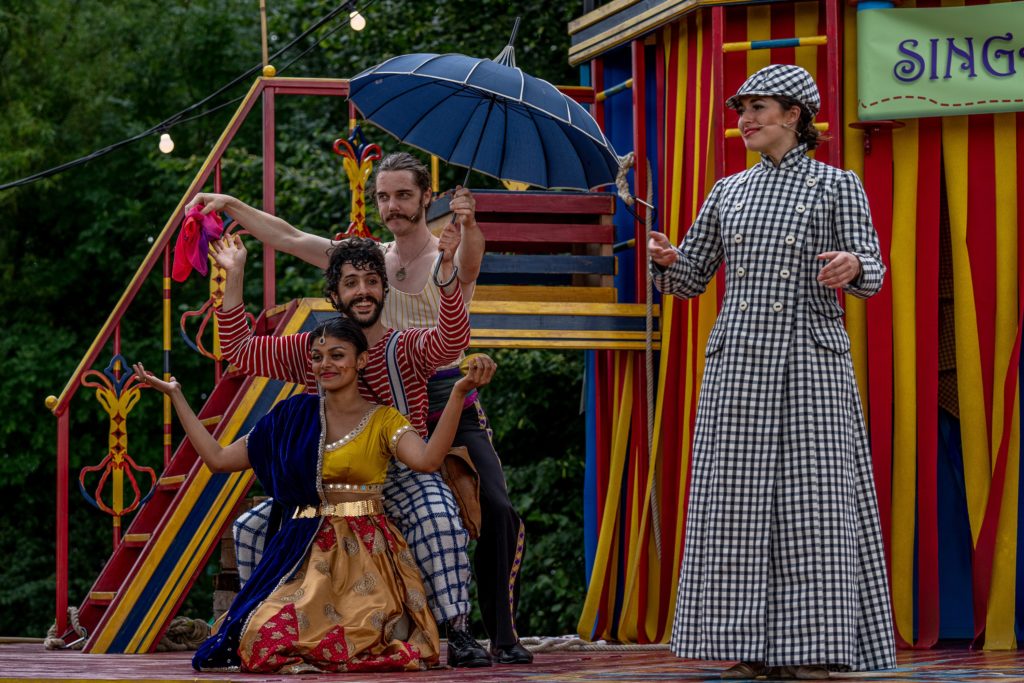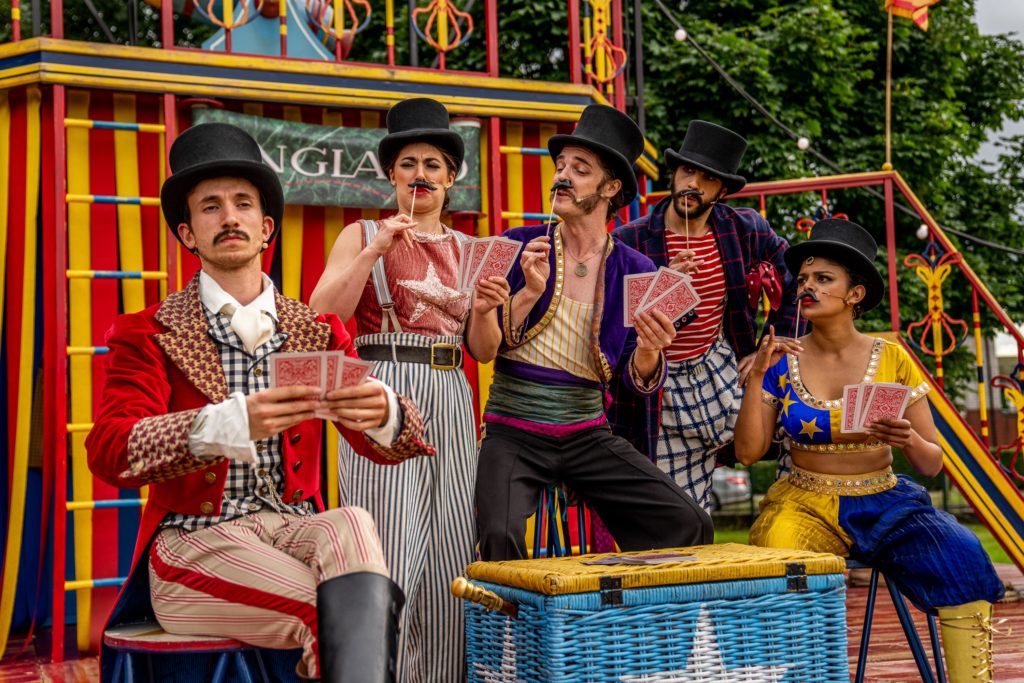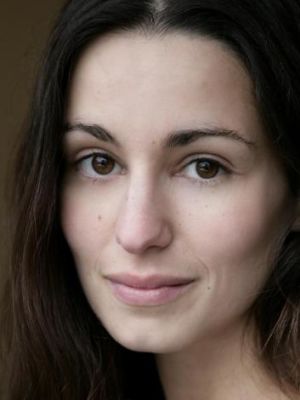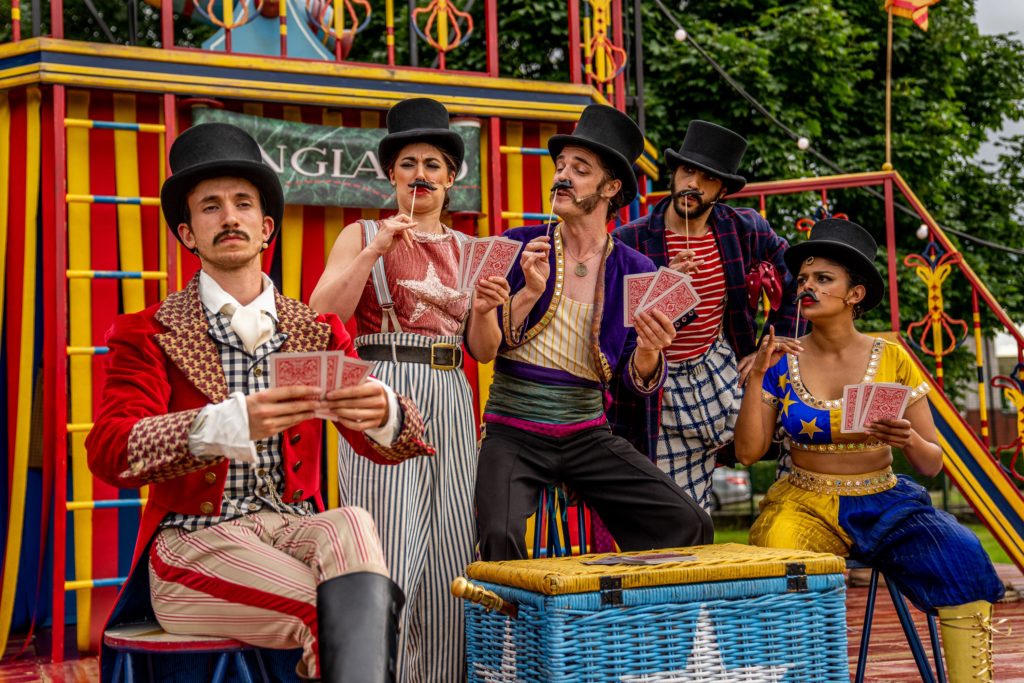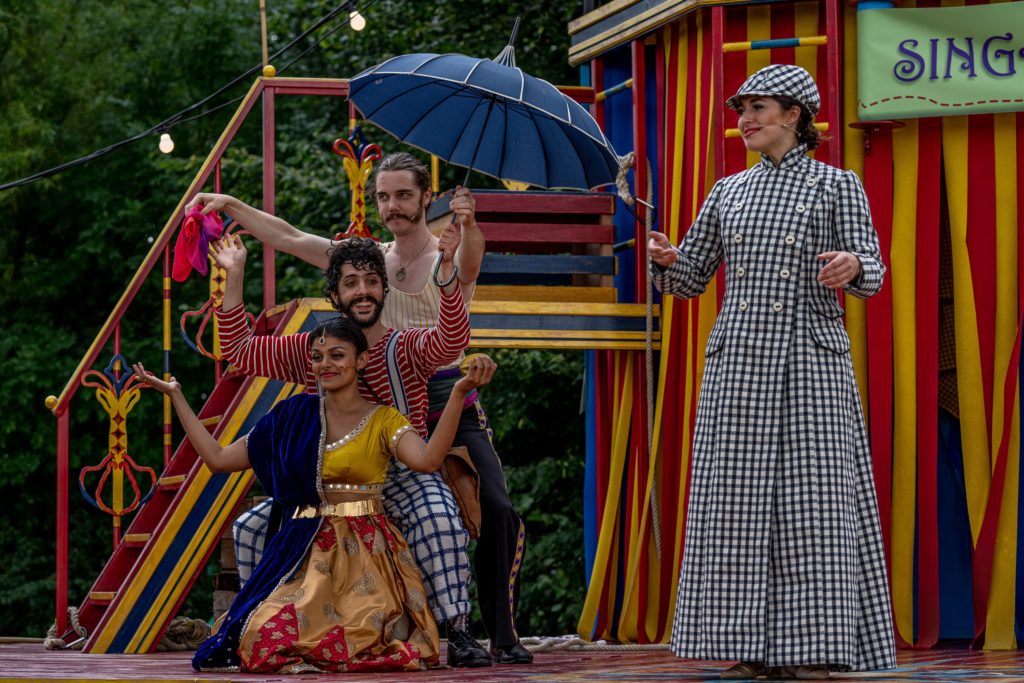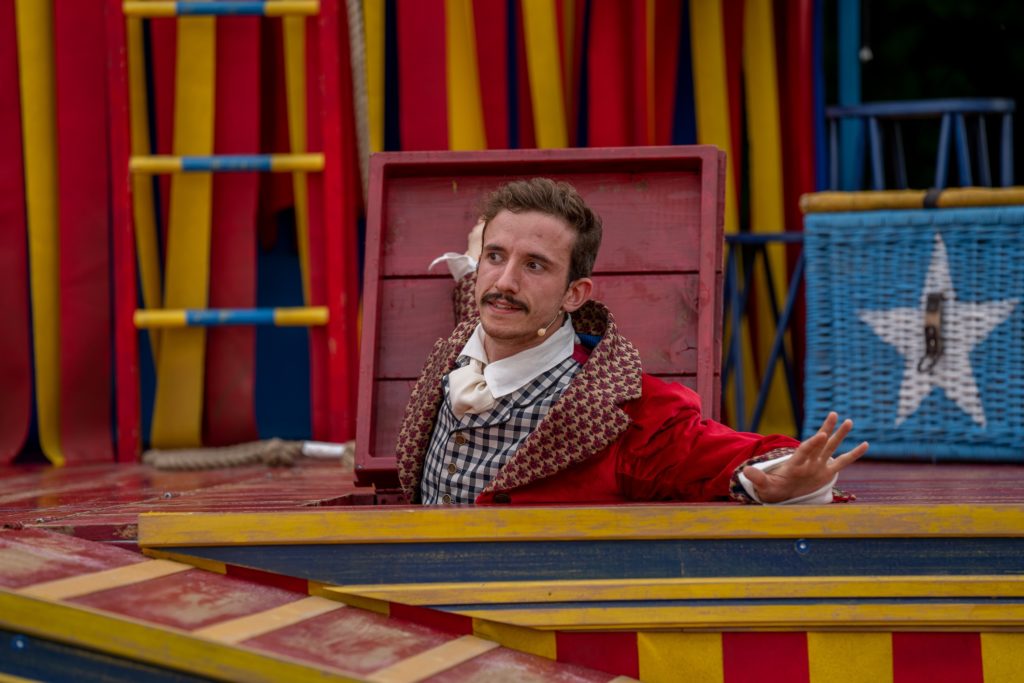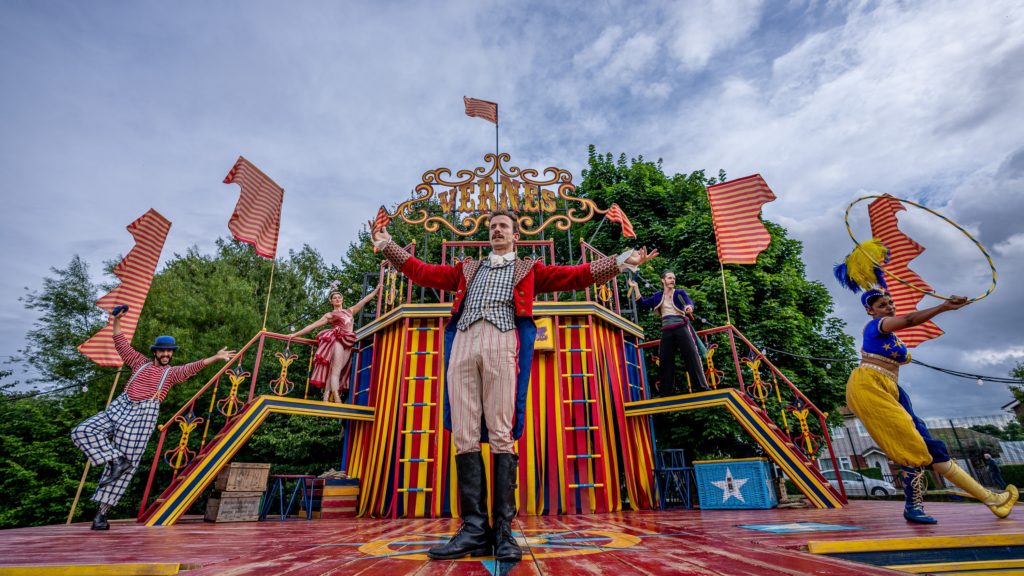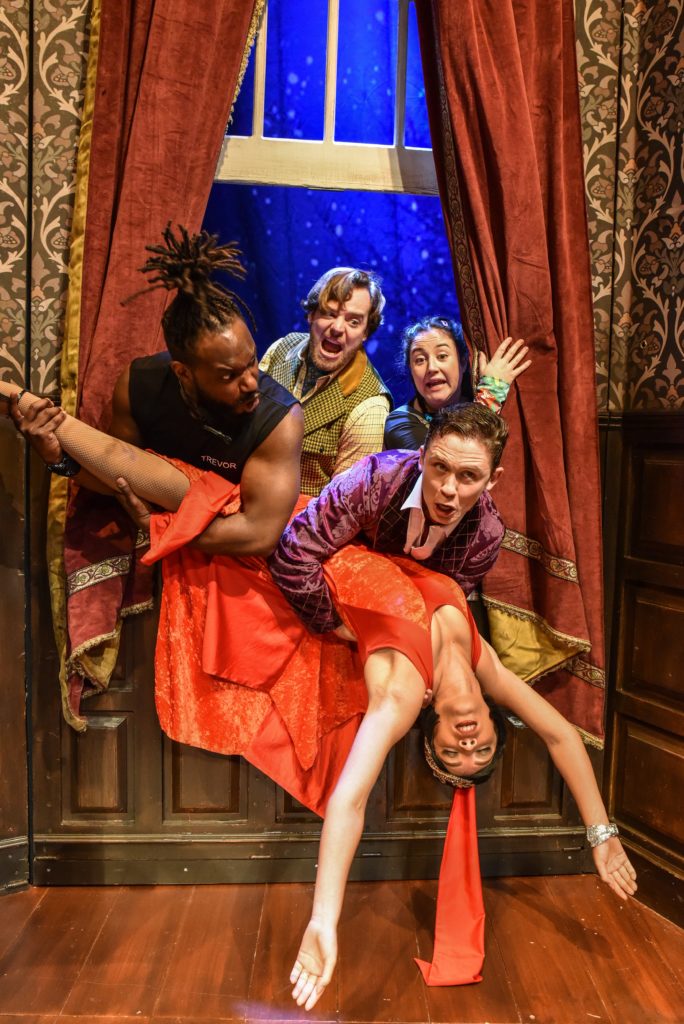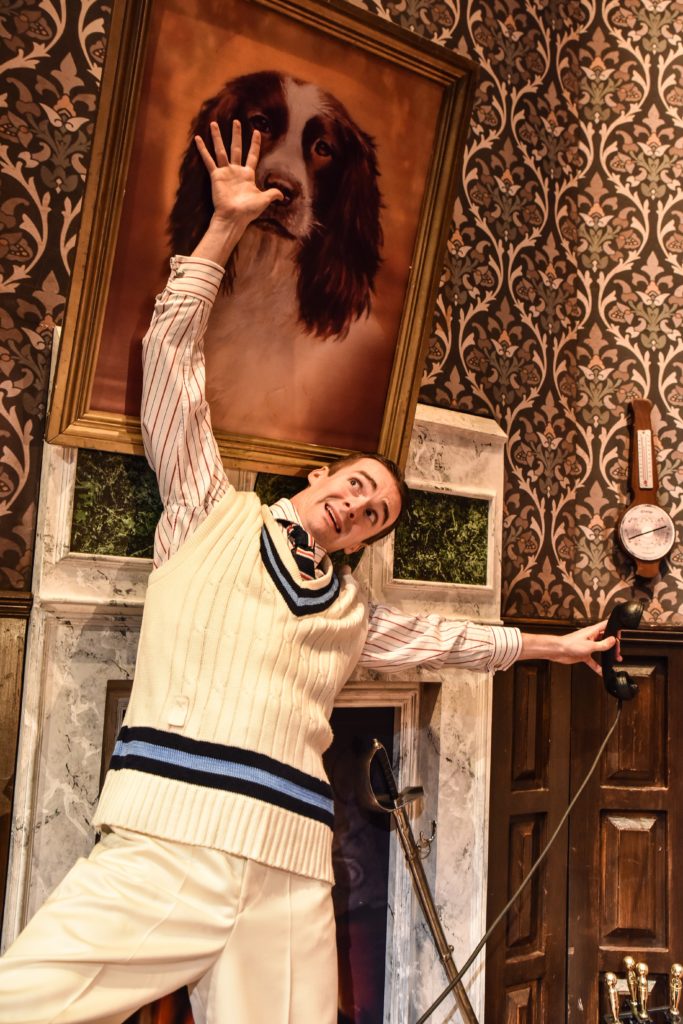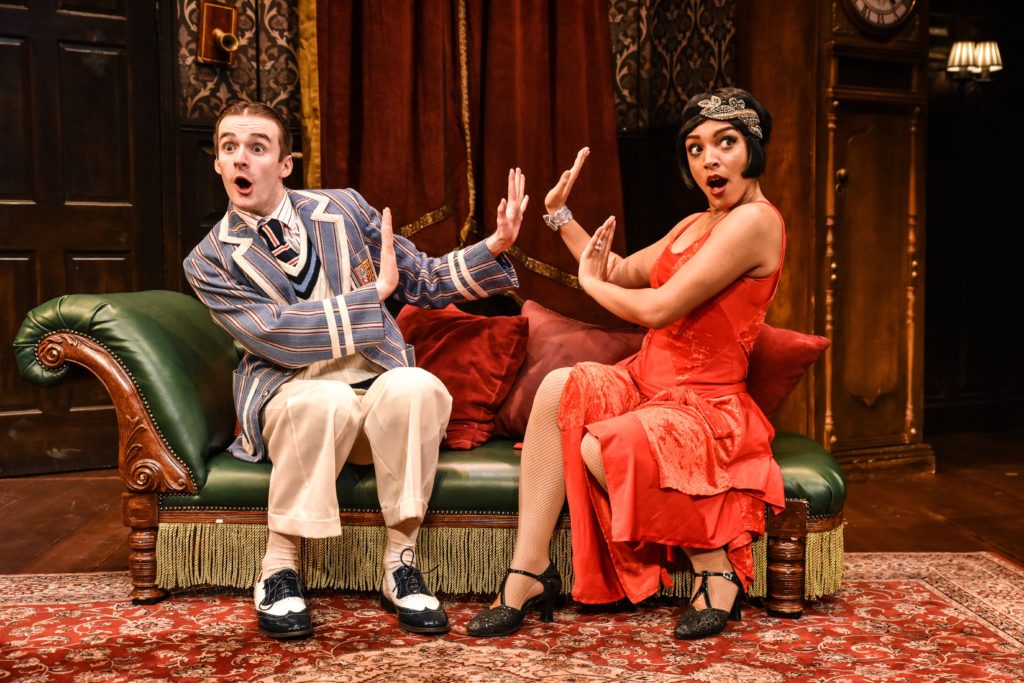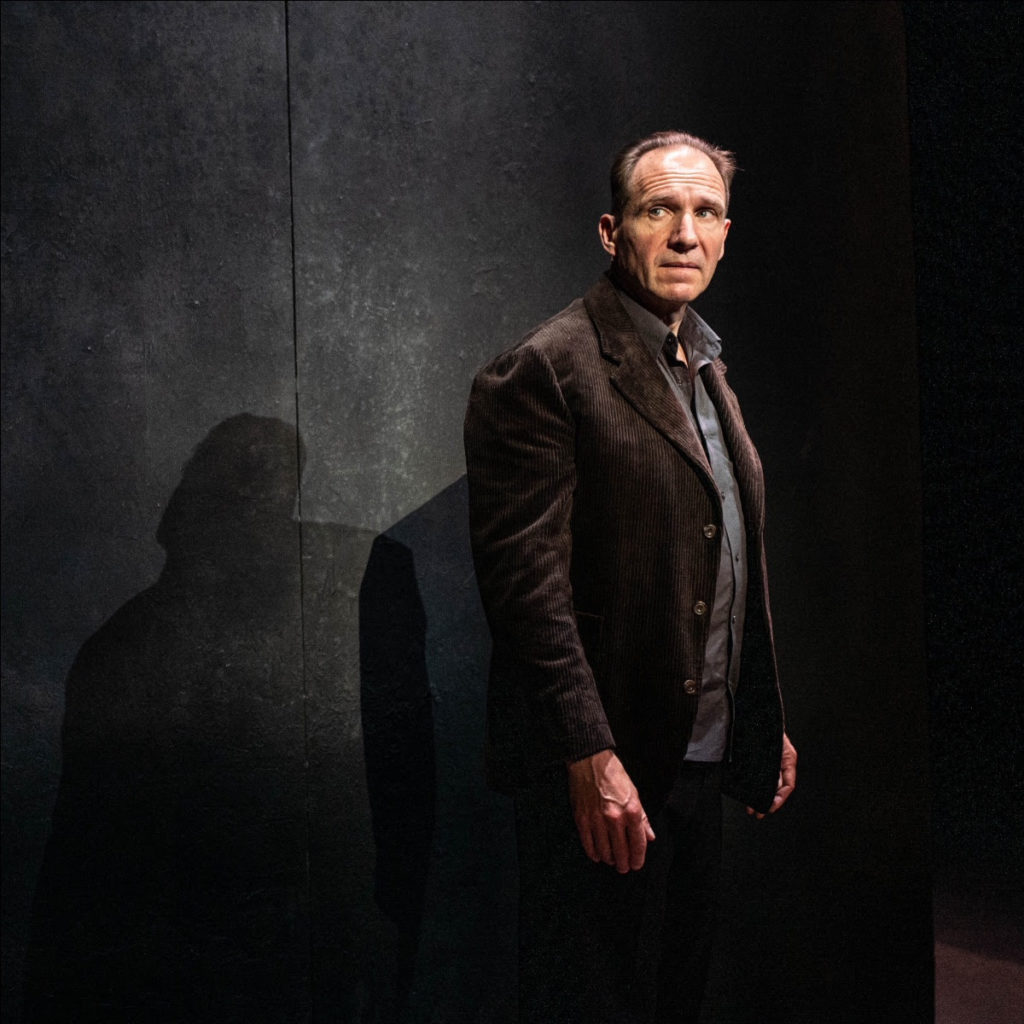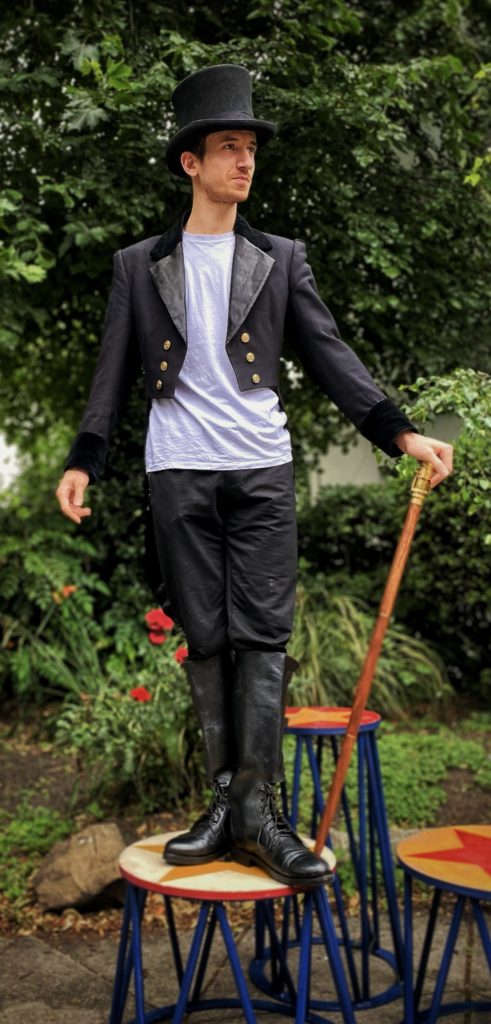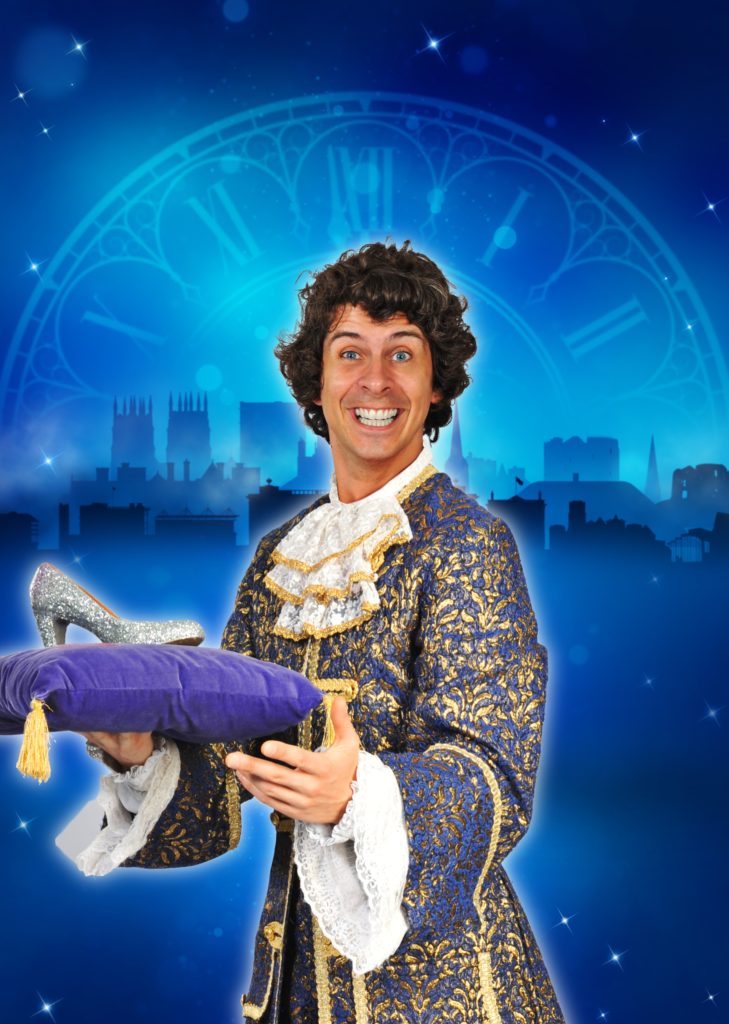
CBEEBIES presenter Andy Day will be joined by Travelling Pantomime familiar faces Robin Simpson and Faye Campbell for York Theatre Royal’s homecoming pantomime, Cinderella.
Presented in tandem with perennial panto award winners Evolution Productions, creative director Juliet Forster’s production will run from December 3 to January 2: an earlier start, shorter run and much earlier last night than past main-house pantos.
Day, who will play Dandini, joined CBeebies in 2007, since when he has presented animal and nature programmes, whether tackling dinosaurs, investigating baby animals and going on safari.
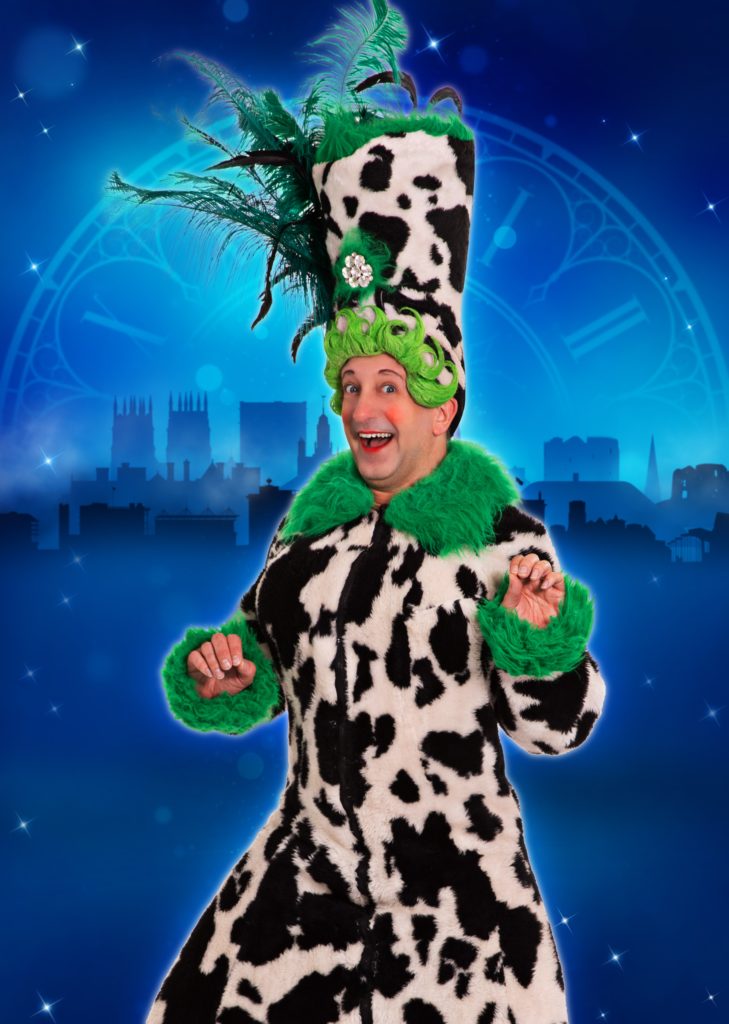
Nominated for a Children’s BAFTA award for best presenter in 2009, he has pantomime history, appearing in the CBeebies annual televised panto, as well as playing the Genie in Aladdin, Dandini in Cinderella, Muddles in Snow White and Billy Goose in Mother Goose.
Day is no stranger to director Forster, by the way, having been in the cast for her 50-minute CBeebies Presents: Romeo And Juliet, screened on April 2 and available subsequently on BBC iPlayer.
Day fronts his own live band, Andy And The Odd Socks, who once again will be launching Odd Socks Day for Anti-Bullying Week in schools up and down the country alongside the Anti-Bullying Alliance, a charity for whom Andy is a patron.
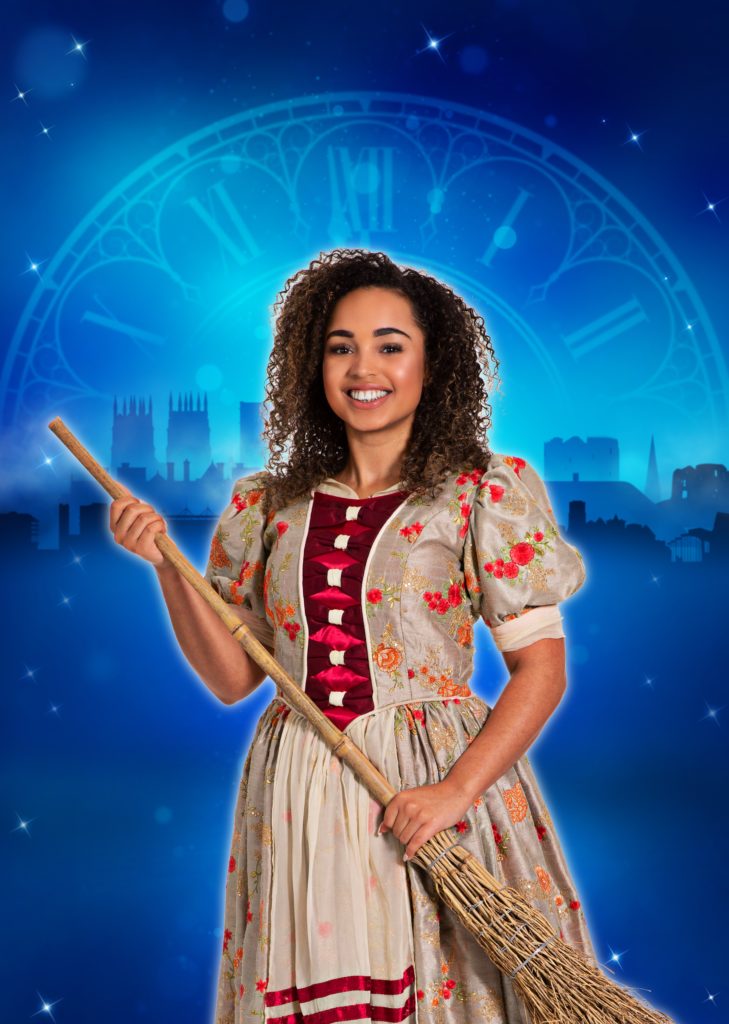
Faye Campbell will take the title role in Cinderella after playing The Hero in Jack And The Beanstalk and Dick Whittington in the Theatre Royal’s Travelling Pantomime in 16 York wardslast December.
Actor-storyteller Robin Simpson will be returning too, following up his Dame Trott last winter on the back of a three-year damehood at the Lawrence Batley Theatre, Huddersfield. For Cinderella, he will form an (Ugly) Sister double act with Paul Hawkyard.
Comedian and ventriloquist Max Fulham, set to shine as Buttons, has played leading comedy roles in pantomimes throughout the UK, being voted Best Speciality Act in the 2020 Great British Pantomime Awards for his Washee in Aladdin at Bromley’s Churchill Theatre.
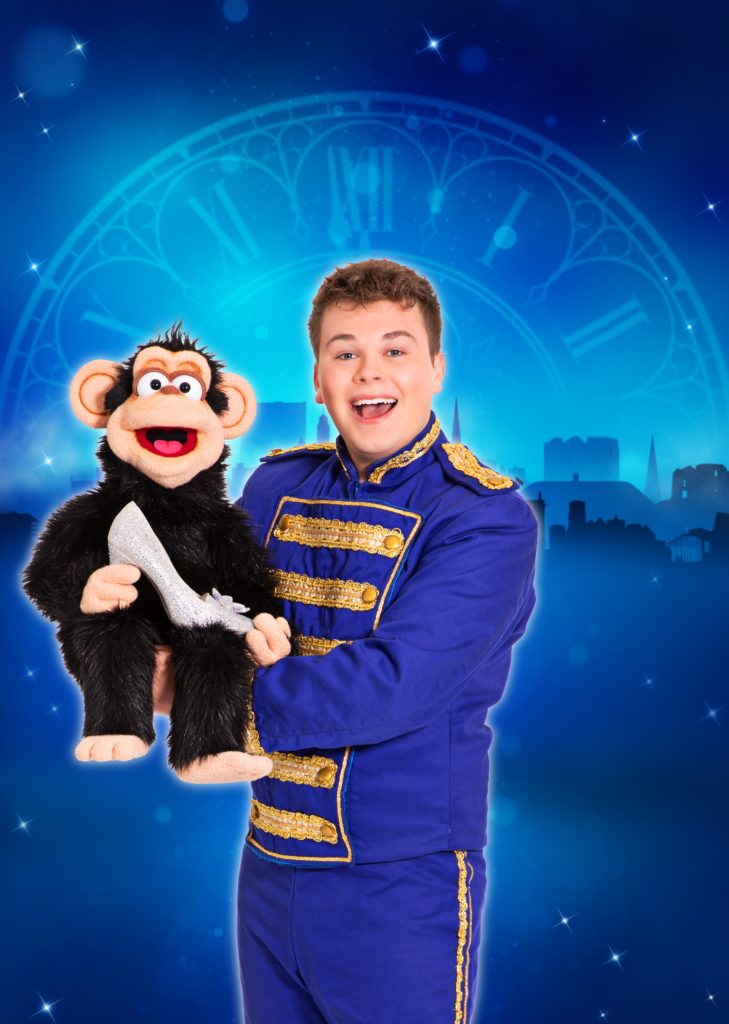
Fulham has created his own comedy series, Drivel Pedlar, for his You Tube channel. Next summer, he will head to Australia to play Muddles in Snow White at the new Sydney Coliseum.
Forster’s cast for the first main-house Theatre Royal pantomime since the Dame Berwick Kaler reign will be completed by Benjamin Lafayette’sPrince Charming and Sarah Leatherbarrow’sFairy Godmother.
Written by Evolution producer Paul Hendy, the Theatre Royal’s Cinderella will relocate the timeless rags-to-riches story to York, as the stage “comes to sparkling life with magical transformations, glittering sets, stunning songs and side-splitting laughs”.
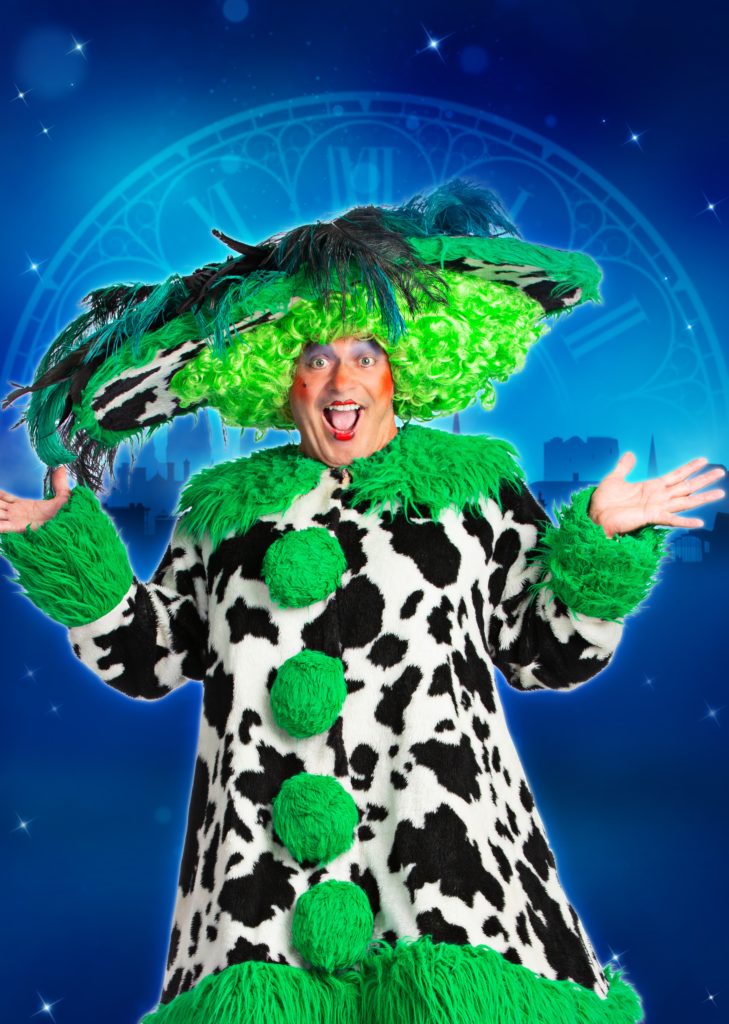
Audiences should expect a ”brand-new pantomime for everyone with the promise of a truly epic spectacle and heaps of hilarity”, directed by Forster, who was at the helm of both the Travelling Pantomime’s tour of community venues and this summer’s Around The World The World In 80 Days, her circus-themed adaptation of Jules Verne’s novel that visited four York school playing fields in 16 days before a Theatre Royal finale last week.
Chief executive Tom Bird says: “We’re over the moon to be creating a spectacular new pantomime for the people of York – one that’s tailor-made for the whole family, while honouring the pantomime traditions that our audiences love so much.
“The phenomenal team will give the York Theatre Royal pantomime a new lease of life with a fresh, family friendly, fun-filled approach to the story of Cinderella, set with pride in our amazing city.”

Evolution Productions, started by Emily Wood and Hendy in 2005, have built a reputation for superior, bespoke pantomimes with the emphasis on high-quality production values, strong casting and highly humorous scripts. Two-time winners of Pantomime of the Year at the Great British Pantomime Awards, they are the team behind Sheffield Theatres’ “extraordinarily successful” panto at the Lyceum Theatre.
Hendy says: “Emily and I are absolutely thrilled to be working with York Theatre Royal on Cinderella. We’re huge fans of the theatre and we’re looking forward to collaborating with Tom and his brilliant team to produce a wonderful, family-friendly pantomime with spectacular production values, a superbly talented cast and a genuinely funny script.”
Tickets are on sale on 01904 623568 or at yorktheatreroyal.co.uk.

